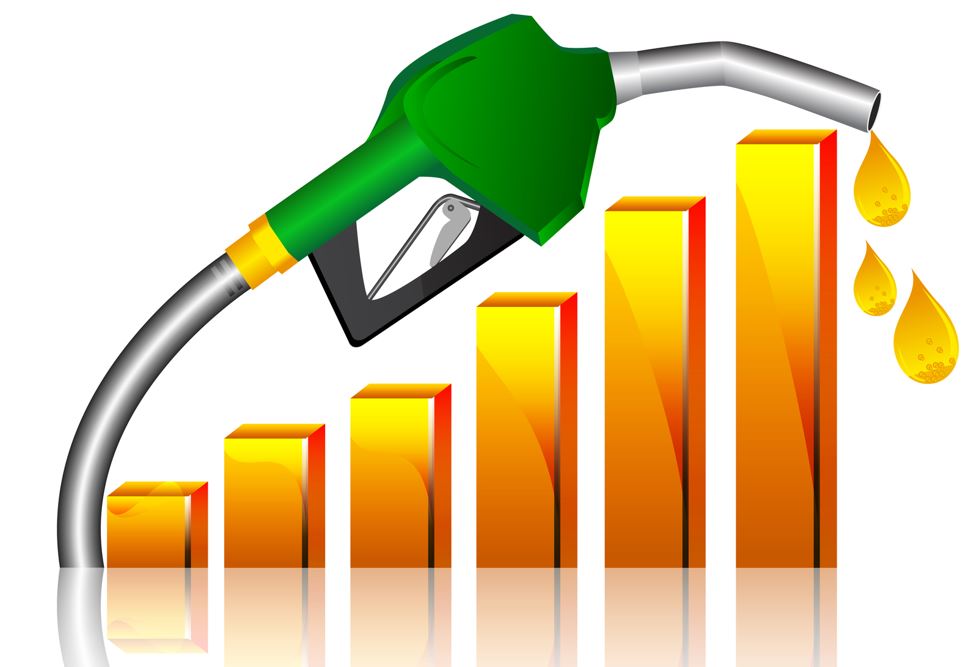Fuel subsidy costs N4b in 30 months
By Jeph Ajobaju, Chief Copy Editor
Fuel subsidy cost the federal treasury N3.92 trillion between January 2020 and June 2022, more than individual budgets for health, education, and defence.
But fuel subsidy totalled N2.04 trillion in the first half of this year (H1 2022), nearly as much as the combined votes for health, education, and defence at N2.81 trillion
Education budget was N2.28 trillion in the 30 months from January 2020 to June 2022, health N1.68 trillion, and defence N3.06 trillion.
Federal spending figures show:
2020 – Health, education, and defence (N1.922 trillion). Fuel subsidy N450 billion
2021 – Health, education, and defence (N2.288 trillion). Fuel subsidy N1.43 trillion
January-June 2022 – Health, education, and defence (N2.81 trillion). Fuel subsidy N2.04 trillion, according to compilation by The PUNCH.
Negative impact of fuel subsidy
Economists and oil industry experts argue fuel subsidy costs investment in capital expenditure that would raise literacy levels, standard of living, security, and other critical socioeconomic sectors.
“Nigeria’s fuel subsidy programme has continued to limit remittances to the Federal Account Allocation Committee [FAAC] by the Nigerian National Petroleum Company Limited [NNPC] for distribution to the Federal Government, states and local government areas,” said Billy Gillis-Harry, President of Petroleum Retail Outlet Owners Association of Nigeria (PROOAN).
_______________________________________________________________
Related articles:
Experts tell Abuja, fuel subsidy is not sustainable
Fuel palaver to end with Dangote Refinery up and running
Buhari aiding N950b scam in NNPC, says Benue
_________________________________________________________________
CPPE, NESG warn against continuation of subsidy
Promotion of Private Enterprises (CPPE) Chief Executive Officer Muda Yusuf urged Abuja to phase out fuel subsidy by accelerating the implementation of the Petroleum Industry Act (PIA) passed into law in August 2021
“The oil and gas sector reform, which is now being anchored on the Petroleum Industry Act, should be accelerated in order to ensure the unlocking of the enormous value in the oil and gas sector, particularly the gas sector,” Yusuf told The PUNCH.
The Nigerian Economic Summit Group (NESG) has also raised the alarm on impending fiscal crisis in rising fuel subsidy.
It reiterated in its September 2022 report titled, “The State of Nigeria’s Economy”, that fuel subsidy drains revenue despite the rise in crude oil prices in 2022.
“Embark on the gradual phasing out of the fuel subsidy programme,” the economic think-tank told Abuja, warning its continuation will be “disastrous.”
“Aside from taking a clear position on the fuel subsidy issue, the Federal Government must begin the shutting down phase of subsidy programmes to save the country from impending fiscal crisis.
“Understandably, this suggestion will affect the welfare of the citizens, but it is only in the short term. On the other hand, the more extended effects of sustaining this programme are disastrous.”


